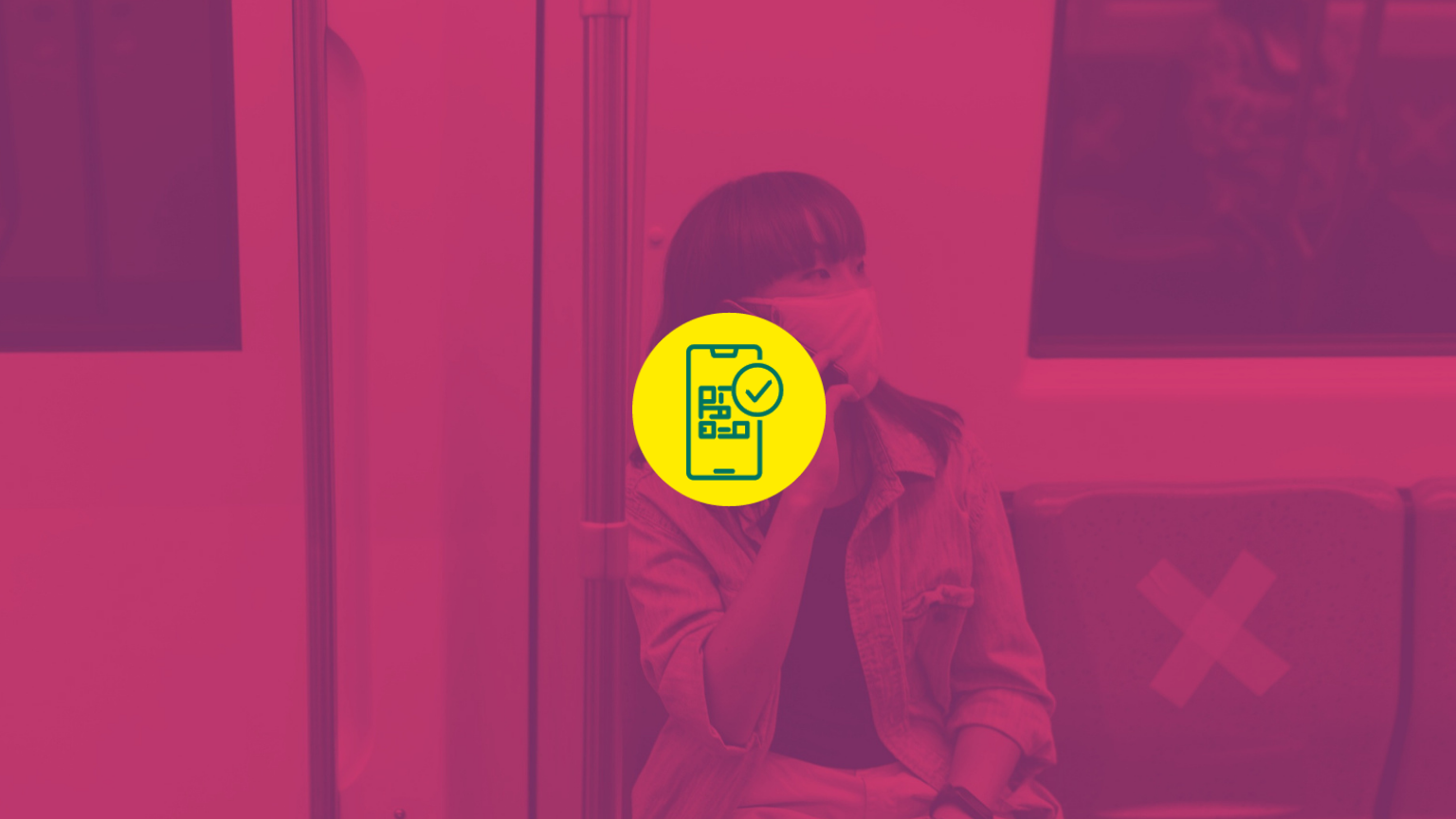The European Union’s pan-EU “digital pass,” a digital certificate for verifying COVID-19 vaccination and test status, went live this week, with several member states already connected to the system’s gateway, with more expected to follow suit. The system’s full launch is slated for July 1.
The union’s COVID-19 verification certificate will provide a single system for citizens in member countries to prove their COVID-19 status as they cross borders within the region. The digital pass uses digital signatures and QR codes, with a public key cryptography to prevent forging. Those without smartphones can get paper-based certificates.
Addressing the 2021 Digital Assembly, where the launch of the system’s gateway was announced, European Commission President Ursula von der Leyen, insisted personal data will be protected, and that the system will only be up for a year, the assumption being the pandemic will have officially ended in the next year.
“The EU certificate is a prime example of digital tools that represent our values,” von der Leyen said, addressing the assembly. “The EU values privacy. No personal data will be exchanged or retained. The EU is inclusive. Whoever is not vaccinated can get a digital certificate for test or recovery. Whoever does not have a smartphone can get it on paper. With the certificate, we want to help people to move freely in times of pandemic. This is why it will only be in place for one year. Europe is a front-runner here and can set standards at the global level.”
According to the Commission, 22 member states have already tested the gateway successfully. The Commission wants all member states to have started using the system by July 1, when the enforcement of the associated regulation will begin.
The Commission said that member states that have passed the technical tests can begin issuing citizens with the verification certificates. Seven members, i.e., Bulgaria, Croatia, Czech Republic, Denmark, Germany, Greece, and Poland, plan to start issuing the certificates immediately.
To support the rollout, the Commission has coded reference software, and apps to be used for the issuance, verification, and storage of the digital certificates and published them on GitHub. It said that 12 member states have already used the code, thus far.
Authorities in member states will be responsible for the issuance of the digital certificates to citizens. It is expected that citizens will have several avenues for getting the certificates, including test centers, national eHealth portals, and local health authorities.
While addressing the 2021 Digital Assembly, the Commissioner for health and food safety Stella Kyriakides called on member states to work on the implementation of the COVID-19 verification certificates.
“The EU Digital COVID Certificate shows the value added of effective e-health solutions for our citizens,” Kyriakides said. “It is important that during the coming weeks, all Member States fully finalize their national systems to issue, store and verify certificates, so the system is functioning in time for the holiday season. EU citizens are looking forward to travelling again, and they want to do so safely. Having an EU certificate is a crucial step on the way.”
The Commission’s president also touted another digital system the EU is working on, an online ID EU citizens can use to interact with businesses and governments in the region without having to share more data than is needed.
“We want to offer Europeans a new digital identity. An identity that ensures trust and protects users online. We are about to present our proposal,” said Commission President von der Leyen. “It will allow everyone to control their identity online, and to interact with governments and businesses, across the EU. Nobody should be forced to give more data away than is necessary for the purpose at hand. To book a hotel room online, no-one needs to know where I am from and who my friends are. With our proposal, we are offering an alternative to the models of big online platforms. We believe in a human-centered digital transition.”













